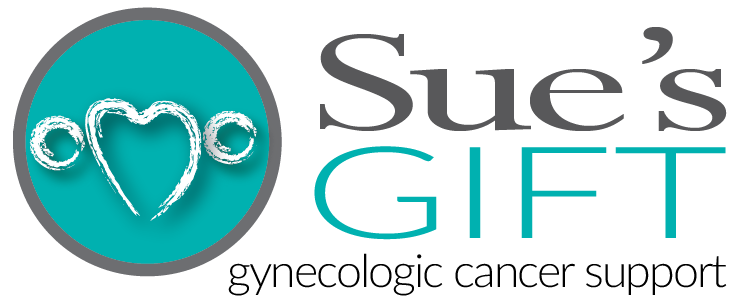Choices
“When something bad happens, you have three choices. You can either let it define you, let it destroy you, or you can let it strengthen you.”
Image Credit @toddcravens
I’ve been thinking a lot about choices lately – how we have the freedom to make countless choices and how those decisions have consequences for us and affect those around us.
We have a choice in how we respond to challenging events. I’ve talked with many people who were diagnosed with cancer. Some let the diagnosis define them and played the “C card” whenever they had the opportunity: “This is who I am – I have cancer,” expecting sympathy or privilege they otherwise might not receive. Others let it destroy them, meaning they became the victim once they had the diagnosis, helpless and defeated. Yet others found a way through treatment and recovery, developed coping strategies, and found purpose and meaning in various activities and relationships.
Our choices, though, are our choices and cannot be forced upon us by someone else. A few years back, a friend confided that she was worried about her son, who was considering divorce. She emphatically told me, “I’m scheduling him for counseling.” I laughed and said, “That’s not the way that works. You can’t schedule an appointment and make him go to counseling. It’s something he must do himself for himself. He has to choose how he’s handling this.” He could choose to let the situation label and define him. He could decide to let it destroy him by becoming clinically depressed, or he could choose to grow through the experience. (He chose the latter.)
How we respond to crises also impacts others. Murray Bowen’s family systems theory outlines how one family member’s behavior, responses, and choices affect the entire family. We can’t control another’s reactions or responses, only our own, which in turn, impacts those around us. One of the primary myths about grief recovery is that “Grief always brings a family together.” That doesn’t always happen because family members grieve in different ways, making communication and understanding one another challenging. We can let our different ways of grieving become a permanent barrier in relationships. We can allow it to define us by holding onto our grief and never re-engaging. Ultimately, we can let it destroy us and our relationships by withdrawing. Grieving is hard work, but we can choose how we navigate it.
People can get stuck in their grief by wanting to know why something happened. In his book, When Bad Things Happen to Good People, Rabbi Harold Kushner says, “Life is not fair. The wrong people get sick and the wrong people get robbed and the wrong people get killed in wars and accidents.” We want to know why a tragedy happened. We want an answer. Rabbi Kushner suggests that rather than wanting an answer to the question, ”Why did this happen?” a better question would be, “Now that this has happened, how will I respond?”
There will be times when there will never be an answer to why someone was diagnosed with cancer, an infant died, or someone experienced multiple tragic events. Getting through challenging times is not accomplished by focusing on “why.” It is accomplished by focusing on one’s response.
So, rather than asking, “Why did this happen?” we need to ask, “Will I let this define, destroy, or strengthen me?”
Leave feedback for the author here. (Comments are not posted online.)

